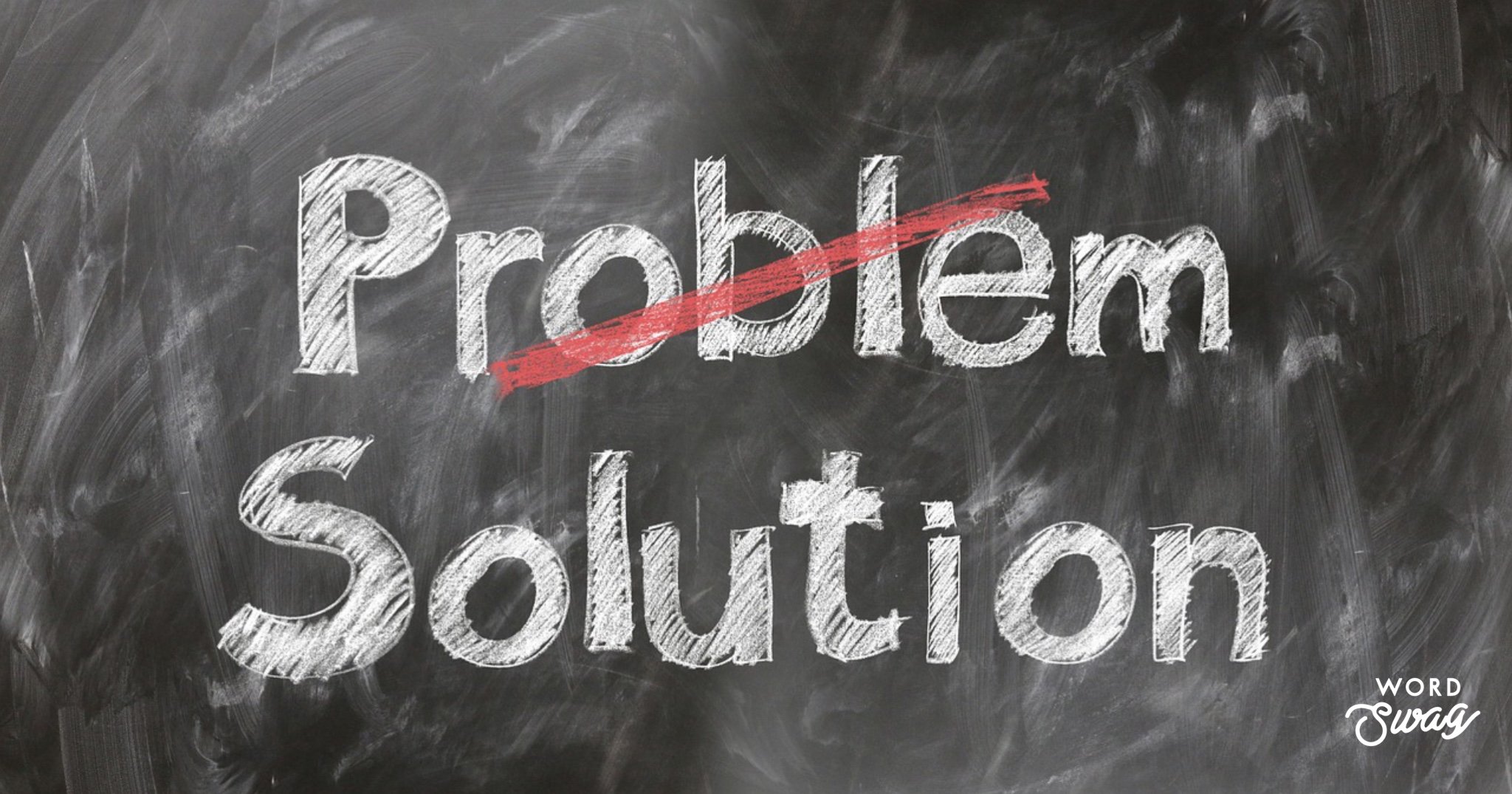I'm The Problem
My daughter taught me that my altruistic tendency to do good, does not negate the fact that sometimes-I don't. There are well meaning times as a...

If you are a no nonsense, my way or the highway parent, then chances are you are an authoritarian parent. It is your attention that I want today. I want to share with you what I am seeing in the therapy room and how I could benefit from your support. I infer from interactions with you that you have genuine concern and care for your child's wellbeing. However, that gets lost in translation because of your parental approach. From your perspective children in your youth dealt with the "old school way" and turned out fine. In today's world this parenting approach can be dangerous for your child.
Allow me to deconstruct the above definition. I'm going to tell you what I see in therapy and how it all plays out. Parents tell me the rules they have for their child(ren) at home, school, and within peer relationships. The parents tell me what the daily routine is and everyone's role within the family. Off to a great start right? The children have routine and expectations are stated explicitly.
I usually follow up by asking how often the family has positive contacting. Here is where things begin to unravel. The parent usually tells me that if the kid would just stop doing x then the family could do "fun" things. Or all attempts to positively engage with the child are met with low interest. Now while my minor clients struggle with expressing needs, collectively they all have communicated a need to be understood. I use that nugget of information to dig deeper. I learn that birthdays, holidays, school accomplishments, quarrels with friends, and uninstructed good deeds are met with little fanfare. I learn that the family does not eat dinner together, play board games together, or engage in any regular family activity. But, their parents are keen on "catching them being bad." So sometimes that positive contacting feels weird or disingenuous given the family's history.
Tips:
(1) Establish a regular family game night or cooking night.
(2) Catch them being good.
(3) Do Not punish from family time or events.
I have been told by authoritarian parents that they parent from this approach to raise leaders. A core aspect of being a good leader is knowing how to make sound decisions. However, children of authoritarian parents do not get a lot of experience making decisions. Their parents tell them what, when, and how to do most things. They lack autonomy by having their appearance, mannerisms, routine, social interaction and communication over controlled by their parents. I have witnessed these parents struggle with allowing children to choose their outfits, opt of physical touch, express unpleasant emotions, and make mistakes. The consequences for mistakes are often harsh, lengthy and include some level of shaming.
As a result of this parenting style I get children in my therapy room who do not know themselves. They don't know why they make one decision or another. They are out of touch with their bodies and can't tell me how they feel. Most responses to my open-ended questions are "I don't know" or "I don't care." My clinical experience tells me this is not typical teenage apathy. It is their brains' coping technique to keep them safe. They suppress emotions until they come out in the form of self-harm, suicide, anger outbursts, risky decision making, and isolation. These are my people pleasers. They are the ones that will engage in behaviors to receive external validation and acceptance. With boys I see them struggling with navigating peer pressure, substance abuse, physical aggression, joining cliques, and taking on the role of class clown to be popular. In working with girls I see low self-esteem, inability to identify and enforce boundaries, struggles with communication, trust issues, and destructive romantic relationships.
Parents sometimes think that good decision making should be "common sense." When you know better from imparted wisdom, experience, or brain maturity you do better. Let's break these three down for clarity. (1) If you are taking the " because I said so" approach to parenting then the children have not learned wisdom. They have learned to follow commands. (2) They lack opportunities to practice decision making in relation to their peers. (3) The common sense you are referring to is logical information they would need to pull from the Prefrontal Cortex of the brain. An area of the brain that is not completely developed until your late twenties to early thirties. So common sense is that if you lack experience in any given area or lack the brain maturity, then chances are you are going to struggle in that area.
Just in case you choose to not rely on my knowledge and experience. Here is some research to back up what I am seeing in therapy. Lev Vygotsky's research showed that children needed assistance from those with more knowledge to help them get the through the Zone of Proximity (ZPD). "The zone of proximal development (ZPD) refers to the difference between what a learner can do without help and what he or she can achieve with guidance and encouragement from a skilled partner" (from Simple Psychology). The child is close to mastering the skill but needs guidance. If they lack that guidance, the skills will not be mastered, and the child will make a mistake. Here is where I see my clients struggle with peer issues and could use the support of their parents. My clients are struggling to find language to say no to guns outside of school, vaping at school, and sexting on social media. They need assess to adults that have mastered those skills so they can as well. They will go to the adults they feel safe with and not those they fear.
Tips:
(1) Allow them an opportunity to choose between two choices of your prior approval.
(2) Give them the parameters for their restaurant order and encourage them to place their own order.
(3) Allow them to decline hugs and/or saying I love you unless its genuine.
This scripture is often used to validate the need for corporal punishment. You may believe based on anecdotal evidence that spanking is effective in decreasing unwanted behaviors in children. So your parents spanked you and now you are a hardworking, law-abiding citizen. Great! However, there have been hundreds of studies on corporal punishment and none of them have proven that corporal punishment is beneficial. What the research does show is that children that are spanked are more likely to experience negative outcomes. These are the children that have behavioral problems, experience mental health issues, and are increased risk for substance abuse issues.
You want your children to develop a relationship with your higher power. Noted. You hope that by doing so you children become resilient and can withstand trials throughout their lifetime. But children are smarter than we give them credit. They see you using scripture to deflect from your role in conflict, invalidate their feelings, and shame them into conformity. So then your approach has the opposite of your intended effect. Why would your children want to serve a higher power that allows them to be hurt? Why would they want to be in a place of worship that reminds them of unpleasant life experiences? I can't tell you how many children I have seen in my practice that have turned away from God because of the way they were treated by their parents.
Tips:
(1) Consistent and appropriate rule enforcement for all children in the home.
(2) Lose of a privilege. State the reason and length of time
(3) Validate their feelings by summarizing what was said to you.
Banning your child from social media does not 100% rule out their exposure to it. Everyone their age has access to it so why wouldn't they be curious and tempted to engage with it? There are two common scenarios that I repeatedly hear from children and adolescents in my practice. (1) They use their friend's device to access social media or (2) Their friend keeps them updated about happenings on social media. Now when things are good on social media it's "fine." It's when things get hairy that concerns me.
Both boys and girls struggle with bullying and navigating peer pressure over social media. They are dissuaded from sharing cyberbullying from past experiences of shame, loss of privileges, and harsh punishment. So they consult with peers about the best possible solution. But children are not equipped to handle pressure to send nudes, threats of physical violence, or remarks that trigger suicidal ideation on their own. The situation quickly escalates until different agencies (law enforcement, school officials, department for child and family services, other mental health providers) are involved. Then I get them in therapy. If they have a secure base they will feel comfortable coming to you and accepting a fair punishment. The complex trauma and conflict that ensues trying to cover their tracks could be avoided. The damage to an already strained parent and child relationship could be avoided.
You want your child to come to you about problems. You want them to respect you and not fear you. But on this current trajectory, your children are more likelihood to lie, engage in risky behavior, experience mental health issues, and develop dysfunctional relationships. If you have been parenting this way for a while, maybe you have already noticed these things starting to develop. I need you to know that the change starts with you. For me to get the child's buy-in to change, they have to believe you will change as well. You are part of a family system. For change to be effective the entire system must change. I hope after reading this blog you feel empowered to be flexible in getting parenting right. You will see better outcomes for your child inside and outside the therapy room.

My daughter taught me that my altruistic tendency to do good, does not negate the fact that sometimes-I don't. There are well meaning times as a...

I am inviting you, to step inside my mind. Let’s take a deeper look inside me and how I see therapy. I use creative works to provoke thought (or...

Schools are required by the IDEA Act (federal law) to provide students with disabilities a fair and appropriate public education (FAPE) in the least...